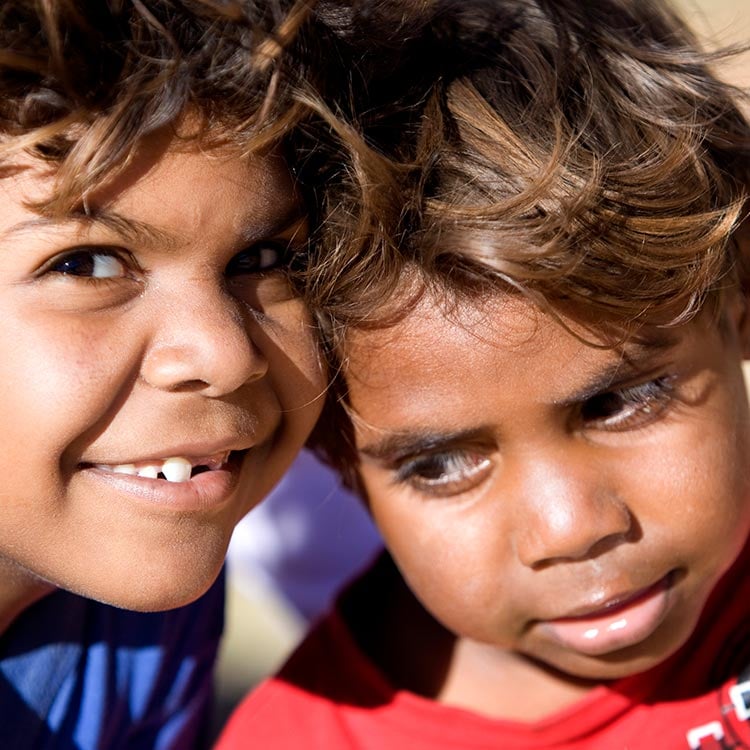Search
Research
Immunisation with the BCG and DTPw vaccines induces different programs of trained immunity in miceIn addition to providing pathogen-specific immunity, vaccines can also confer nonspecific effects (NSEs) on mortality and morbidity unrelated to the targeted disease. Immunisation with live vaccines, such as the BCG vaccine, has generally been associated with significantly reduced all-cause infant mortality. In contrast, some inactivated vaccines, such as the diphtheria, tetanus, whole-cell pertussis (DTPw) vaccine, have been controversially associated with increased all-cause mortality especially in female infants in high-mortality settings.
Research
A place for neutrophils in the beneficial pathogen-agnostic effects of the BCG vaccineThe BCG vaccine has long been recognized for reducing the risk to suffer from infectious diseases unrelated to its target disease, tuberculosis. Evidence from human trials demonstrate substantial reductions in all-cause mortality, especially in the first week of life. Observational studies have identified an association between BCG vaccination and reduced risk of respiratory infectious disease and clinical malaria later in childhood.
Research
COVID-19 and changes in the National Immunisation Program: a unique opportunity to optimise the Australian Immunisation Register (AIR)Christopher Blyth MBBS (Hons) DCH FRACP FRCPA PhD Centre Head, Wesfarmers Centre of Vaccines and Infectious Diseases; Co-Head, Infectious Diseases
Research
Impact of previous exposure to SARS-CoV-2 and of S-Trimer (SCB-2019) COVID-19 vaccination on the risk of reinfection: a randomised, double-blinded, placebo-controlled, phase 2 and 3 trialWe previously reported the efficacy of the adjuvanted-protein COVID-19 vaccine candidate S-Trimer (SCB-2019) in adults who showed no evidence of previous exposure to SARS-CoV-2. In this study, we aimed to investigate the extent of protection afforded by previous exposure to SARS-CoV-2 on subsequent COVID-19 infection, as well as the efficacy, safety, and reactogenicity of SCB-2019 in participants who were enrolled in the Study.
Research
The short term safety of COVID-19 vaccines in Australia: AusVaxSafety active surveillance, February – August 2021To assess the short term safety of the COVID-19 vaccines Comirnaty (Pfizer–BioNTech BNT162b2) and Vaxzevria (AstraZeneca ChAdOx1) in Australia.
Research
Variants of Streptococcus pneumoniae Serotype 14 from Papua New Guinea with the Potential to Be Mistyped and Escape Vaccine-Induced ProtectionStreptococcus pneumoniae (the pneumococcus) is a human pathogen of global importance, classified into serotypes based on the type of capsular polysaccharide produced. Serotyping of pneumococci is essential for disease surveillance and vaccine impact measurement.
Research
Influenza vaccine effectiveness in preventing influenza-associated hospitalizations during pregnancy: A multi-country retrospective test negative design study, 2010–2016Between 2010 and 2016, influenza vaccines offered moderate protection against laboratory-confirmed influenza-associated hospitalizations during pregnancy

News & Events
Rheumatic heart disease remains a major killer in Oceania regionA new study shows that people living in the Oceania region, including Australia, have the highest risk in the world of dying from rheumatic heart disease.

News & Events
Extra whooping cough shot to protect your bubToddlers will now get an additional whooping cough vaccine to protect them against the potentially deadly disease.

News & Events
Taking on a common respiratory infection in kidsMapping when Respiratory Syncytal Virus (RSV) reaches its seasonal peak will assist how future vaccination programs are carried out.
